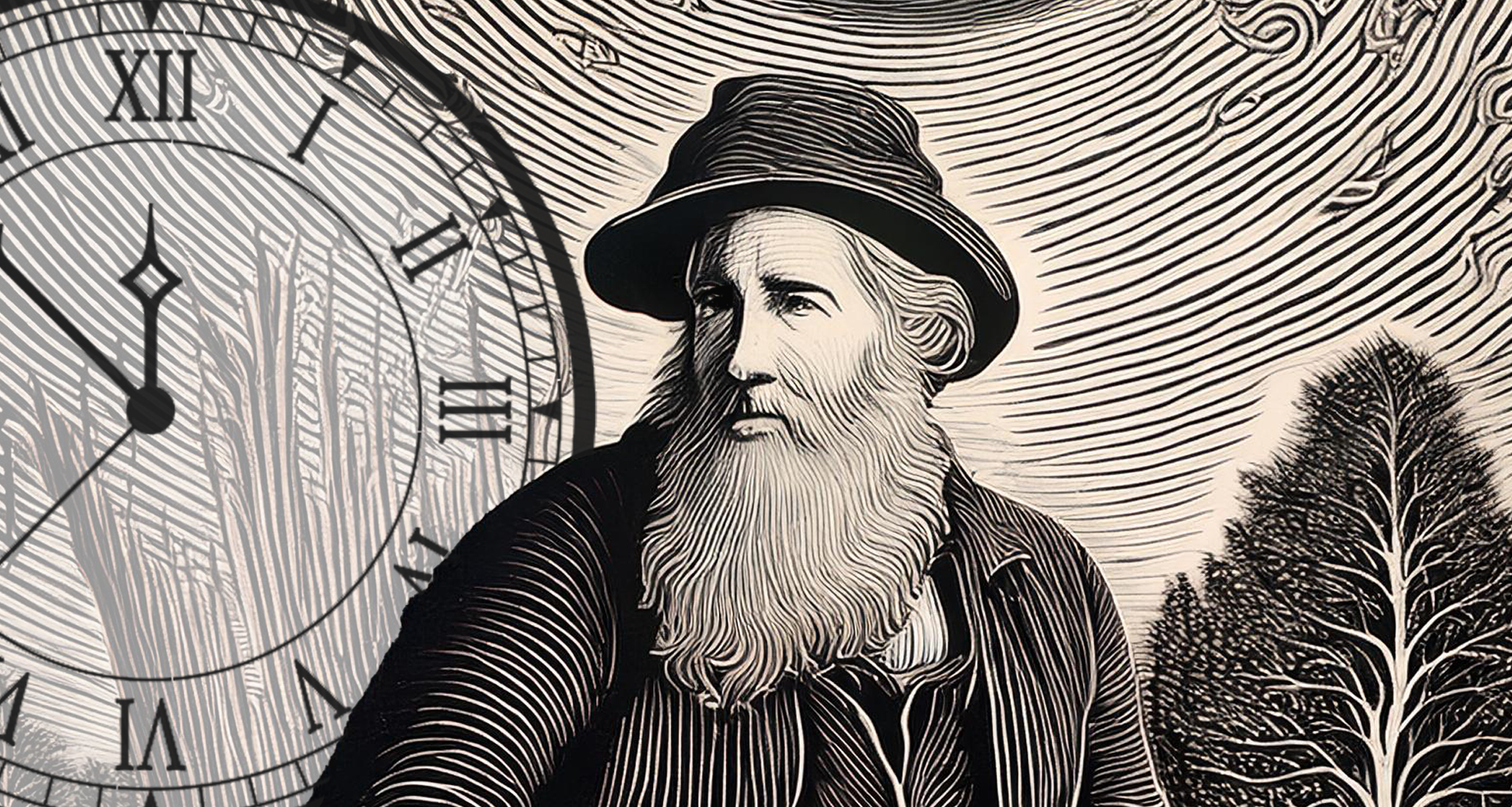Dorset Museum & Art Gallery, High West Street, Dorchester, Dorset, DT1 1XA

The Year Clock: A Celebration of Language, History, and the Life of William Barnes
The Year Clock is a play that delves deep into the themes of language, speech, and human communication. It focuses on the life and legacy of William Barnes, a self-educated Dorset teacher and parson who lived from 1801 to 1886. Barnes is widely known for his poetry written in the Dorset dialect, with his most famous piece being Linden Lea, which was later immortalised in music by Ralph Vaughan Williams. However, Barnes himself regarded his work in philology – his study of over sixty languages and his search for the root of all speech – as his most significant achievement, particularly his Philological Grammar.
Thomas Hardy, Barnes’ contemporary and long-time friend, once described him as “the most interesting link between the past and present forms of rural life that England possessed.” Likewise, Francis Kilvert, who visited Barnes at his rectory in Winterborne Came in 1874, called him “the great idyllic poet of England, half hermit, half enchanter.” These observations capture the deep connection Barnes had to England’s rural traditions while also recognising the profound changes happening in society during his lifetime.
Written by Tim Laycock in 2001, The Year Clock brings this complex and intriguing figure to life, utilising notes, anecdotes, newspaper reports, and personal letters either written by or about Barnes during his lifetime. The structure of the play mirrors the four seasons, symbolising key stages in Barnes’ life. The poems and songs woven into the performance were written between 1835 and 1870, with the exception of the final piece, The Geate a-Vallen To, dictated to his daughter shortly before his death in 1886.
The play explores the inner tensions of a highly educated man who chose to write in the rural dialect of Dorset. By doing so, it highlights the contrast between the rapid industrialisation and progress of Victorian England and a traditional way of life that was slowly disappearing—a theme with striking relevance today. Accompanied by Dorset folk music, performed on the violin and guitar by Colin Thompson, the performance is a vivid, fast-paced portrayal of Barnes’ world, offering a poignant reflection on the forces of change.
Directed by Sonia Ritter, The Year Clock is a revival that connects the past with the present, and it has been performed over 70 times to date and could not have been written without the William Barnes Archive.
Tickets for the event are £20 Standard Entry and £10 Under 18s.
Funds raised will go toward the William Barnes Society's Barnes for All! fundraising campaign for the Barnes Archive at the Dorset History Centre.


